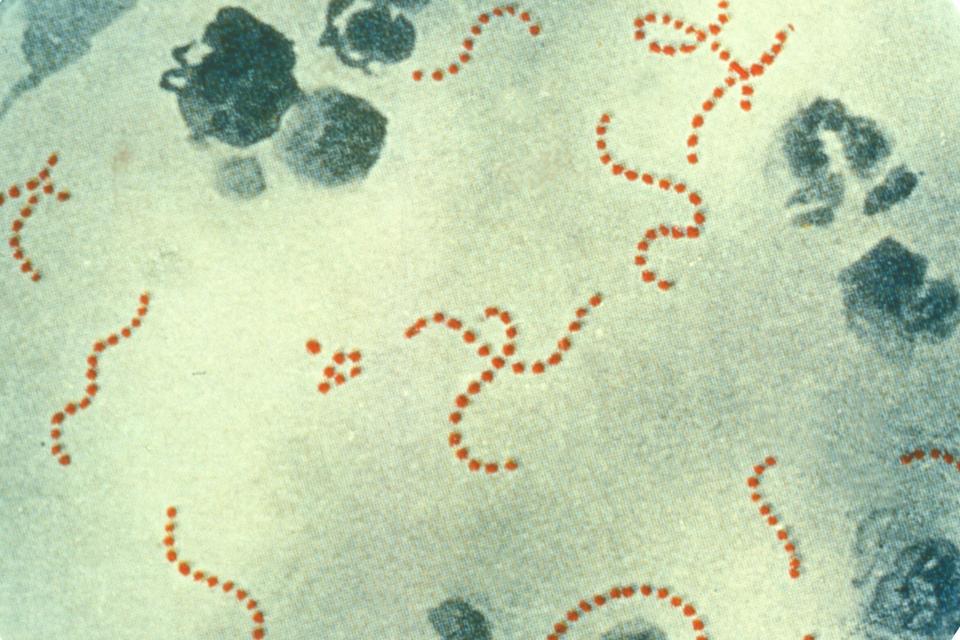
A message from Dr Nicola Lang, Director of Public Health at H&F Council

You may have seen media reports recently that a number of children have been diagnosed with Strep A (streptococcus A) and tragically some have died as a result. This is the bacteria that can cause scarlet fever and severe sore throats.
Strep A infection is usually a mild illness that can be easily treated with antibiotics. But in rare circumstances it can get into the bloodstream and cause serious illness, called invasive Group A strep. This is uncommon.
It's important to be on the lookout for symptoms and see a doctor as quickly as possible.
Symptoms
- The first signs of scarlet fever can be flu-like symptoms, including a high temperature, a sore throat and swollen neck glands (a large lump on the side of your neck).
- A rash appears 12 to 48 hours later. It looks like small, raised bumps and starts on the chest and tummy, then spreads. On darker skin, the rash can be more difficult to detect visually. On all skin types it will have a sandpapery feel.
Contact NHS 111 or your GP if you suspect your child has scarlet fever. Early treatment with antibiotics is important to reduce any risk of complications.
If your child has scarlet fever, keep them at home until at least 24 hours after the start of antibiotic treatment to avoid spreading the infection to others. Please also inform your school or nursery.
If your child has chickenpox and scarlet fever at the same time or close together it can make them particularly poorly. It is important to contact your GP.
What to do if you think your child is getting worse
Contact NHS 111 or your GP if your child is showing signs of deteriorating after a bout of scarlet fever, a sore throat, or a respiratory infection. As a parent, if you feel that your child seems seriously unwell, you should trust your own judgement.
Contact NHS 111 or your GP if:
- your child is getting worse
- your child is feeding or eating much less than normal
- your child has had a dry nappy for 12 hours or more or shows other signs of dehydration
- your baby is under 3 months and has a temperature of 38C, or is older than 3 months and has a temperature of 39C or higher
- your baby feels hotter than usual when you touch their back or chest, or feels sweaty
- your child is very tired or irritable.
Call 999 or go to A&E if:
- your child is having difficulty breathing – you may notice grunting noises or their tummy sucking under their ribs
- there are pauses when your child breathes
- your child's skin, tongue or lips are blue
- your child is floppy and will not wake up or stay awake.
Pharmacies and antibiotics:
Some pharmacies have more antibiotics than others. Ask your GP for a paper copy of prescription.
If you have electronic prescription, take your NHS number with you. If your usual pharmacy lacks stock, they'll advise what to do.
Stopping the spread of infections
Good hand and respiratory hygiene are important for stopping the spread of many bugs.
By reminding your child to wash their hands properly with soap for 20 seconds, using a tissue to catch coughs and sneezes, and keeping away from others when feeling unwell, they will be able to reduce the risk of picking up or spreading infections.
More information
For more advice, visit:
- NHS advice on scarlet fever.
- UKHSA Group Strep A blog.
- What Strep A looks like on darker skin.
- The UK Health Security Agency (UKSA) has produced a helpful video here.
- Imperial College Healthcare NHS Trust has created a useful guide for parents and carers of children under five years of age – download it here.
- NHS North West London continuously update its website with information and support materials.




